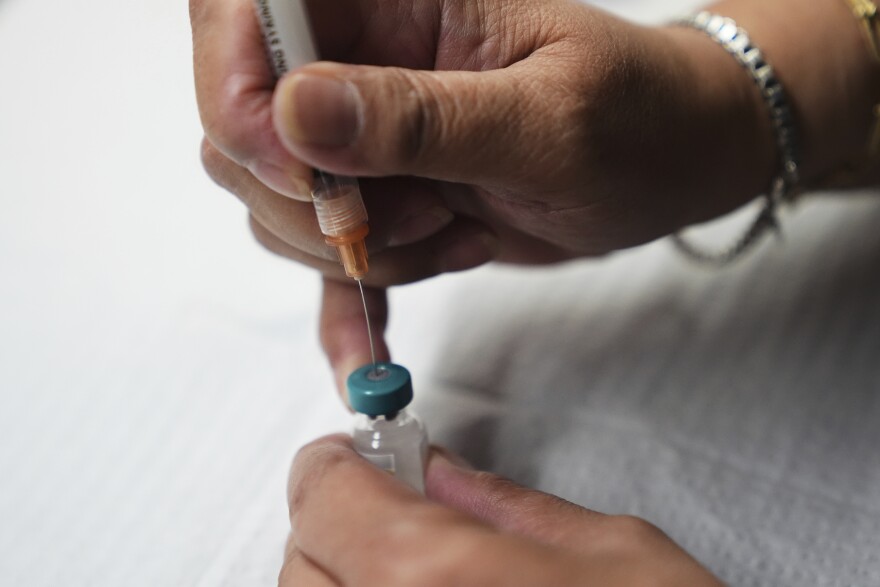Ten years ago, despite fierce opposition from anti-vaxxers — who even called upon Robert F. Kennedy Jr. to make an appearance in Montpelier — Vermont got rid of its philosophical exemption to vaccines. But it preserved two other exemptions, allowing parents to opt their children out of vaccines for medical or religious reasons.
Almost immediately, people wondered: would parents skeptical of immunization simply turn to the state’s religious exemption instead? A study published last month suggests that’s precisely what happened.
Researchers looked at state-level kindergarten vaccination data from across the country, pulled from the Centers for Disease Control and Prevention, between 2011 and 2023. And they found that California, New York, Maine, and Connecticut, which fully repealed all non-medical exemptions, achieved higher vaccination rates than states that left such exemptions on the books.
“We saw increases of approximately two to four percentage points in terms of kindergarten vaccination rates within three years after repeal,” said Anthony Bald, an assistant professor of economics at California State University Fullerton.
The effects on vaccination rates in Vermont and Washington state, on the other hand, where lawmakers only partially repealed non-medical exemptions, were “much smaller.”
Medical exemptions did not rise significantly in states where all other exemptions were repealed, and Bald noted that medical opt-outs typically require some sort of documentation.
In Vermont, for example, a health practitioner authorized to prescribe vaccines must sign off on a student’s medical exemption form. To claim a religious exemption, on the other hand, parents just have to fill out a form themselves.
Bald said he wasn’t surprised by the study’s findings in California, which has been more extensively studied as the first state to repeal all non-medical exemptions 10 years ago. But he found it noteworthy that a full repeal appeared similarly effective in increasing vaccination rates in New York, Maine and Connecticut.
“We were not sure if we would see the same effects in those states, especially since vaccine hesitancy has become so much more of a talking point and so much more of an issue in the years since COVID-19,” he said.
The study didn’t explore whether full repeal had unintended consequences, including increasing homeschooling.
“That might not show up in our vaccination data, and so we could be overestimating vaccination coverage,” he said. And while he said it’s a “relatively small asterisk,” Bald also said it’s an area he’d like to study more.





